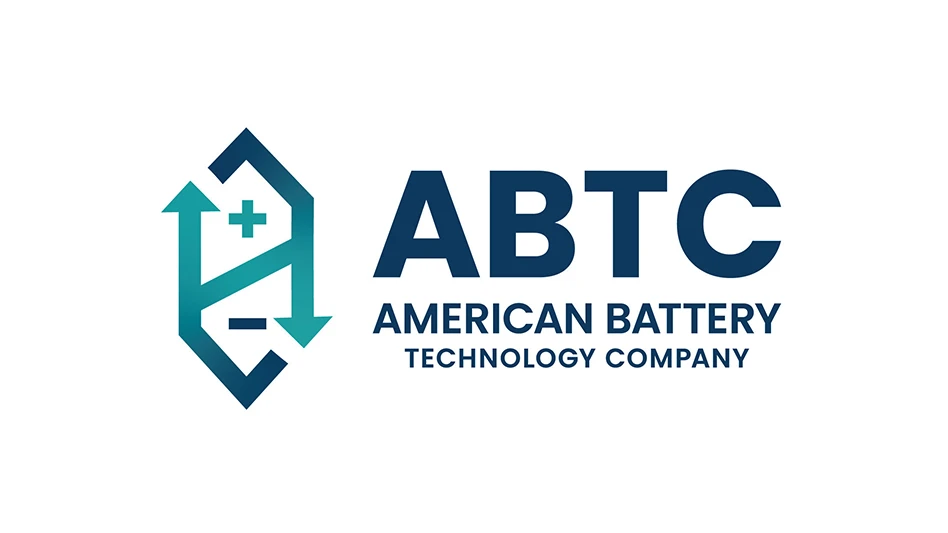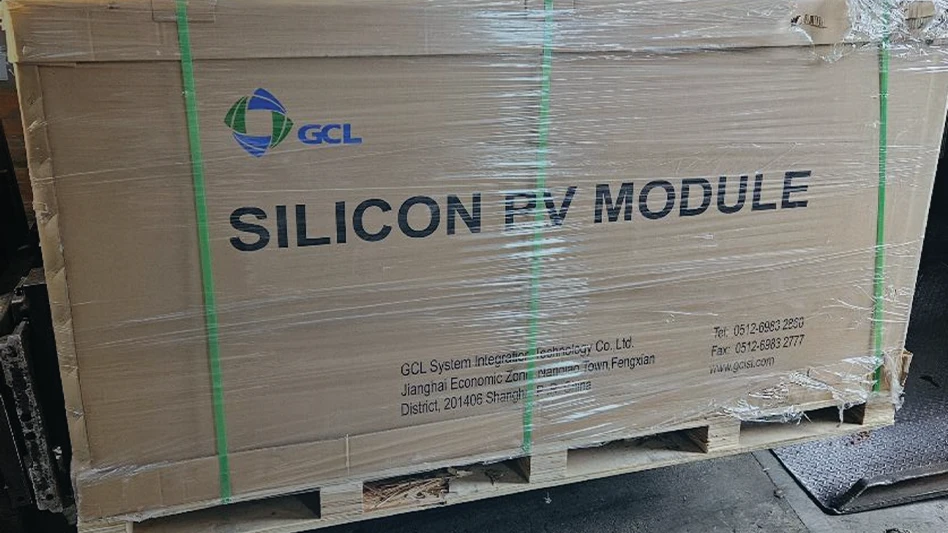
Plastics’ trashy reputation persists, with various forms of packaging made with the material having been targeted for bans by local and state governments. The plight of plastics in our oceans also has attracted a considerable amount of attention in recent years. Plastic items that are discarded in the natural environment can make their way to the ocean via inland waterways. Once in the oceans, they threaten the health of marine ecosystems and the animals they support. However, while many have demonized plastics, it seems the mismanagement of waste and recyclables has received less attention than the material itself.
A new organization is attempting to shift the discussion more toward proper waste and materials management.
Nearly 30 companies from the plastics and consumer goods value chain have formed the Alliance to End Plastic Waste (AEPW), an organization designed to promote solutions to eliminate plastic waste in the environment, especially in the ocean.
"A new organization is attempting to shift the discussion more toward proper waste and materials management.”
The AEPW says it has committed more than $1 billion toward the effort, with the goal of investing $1.5 billion throughout the next five years to help end plastic waste in the environment. It plans to develop and bring to scale solutions to minimize and manage plastic waste and to enable a circular economy.
The organization has released its initial set of projects and collaborations, which it says reflect a range of solutions, including a focus on waste management system design. The AEPW says it will partner with cities to design integrated waste management systems in large urban areas where infrastructure is lacking. This work will include engaging local governments and stakeholders and generating economically sustainable and replicable models that can be applied across multiple cities and regions.
The AEPW says it will fund The Incubator Network by Circulate Capital, New York, to develop and promote technologies, business models and entrepreneurs that prevent ocean plastic waste and improve waste management and recycling.
Additionally, the organization is seeking to develop open-source, science-based information to support global waste management projects with data collection, metrics, standards and methodologies to help governments, companies and investors focus on and accelerate actions to stop plastic waste from entering the environment.
In the months ahead, the AEPW says it will make other investments in infrastructure development to collect and manage waste and increase recycling; innovation to advance and scale new technologies that make recycling and recovering plastics easier and create value from all postuse plastics; education and engagement of governments, businesses and communities to mobilize action; and cleaning concentrated areas of plastic already in the environment.
Material bans offer a simplistic and ineffective solution to the systemic problem of mismanaged waste. Each of us, from consumers to local governments to consumer goods companies to recyclers to the basic materials sector, has a part to play in addressing this issue.

Explore the February 2019 Issue
Check out more from this issue and find your next story to read.
Latest from Recycling Today
- Graphic Packaging set to close Ohio CRB facility
- Ameripen voices support for Maryland EPR bill
- Matalco to close Canton, Ohio, plant
- Maryland county expands curbside recycling to include electronics
- California EPS ban will be enforced
- YKK AP America introduces BetterBillet
- Fresh Perspective: Cameron Keefe
- The problem solver






